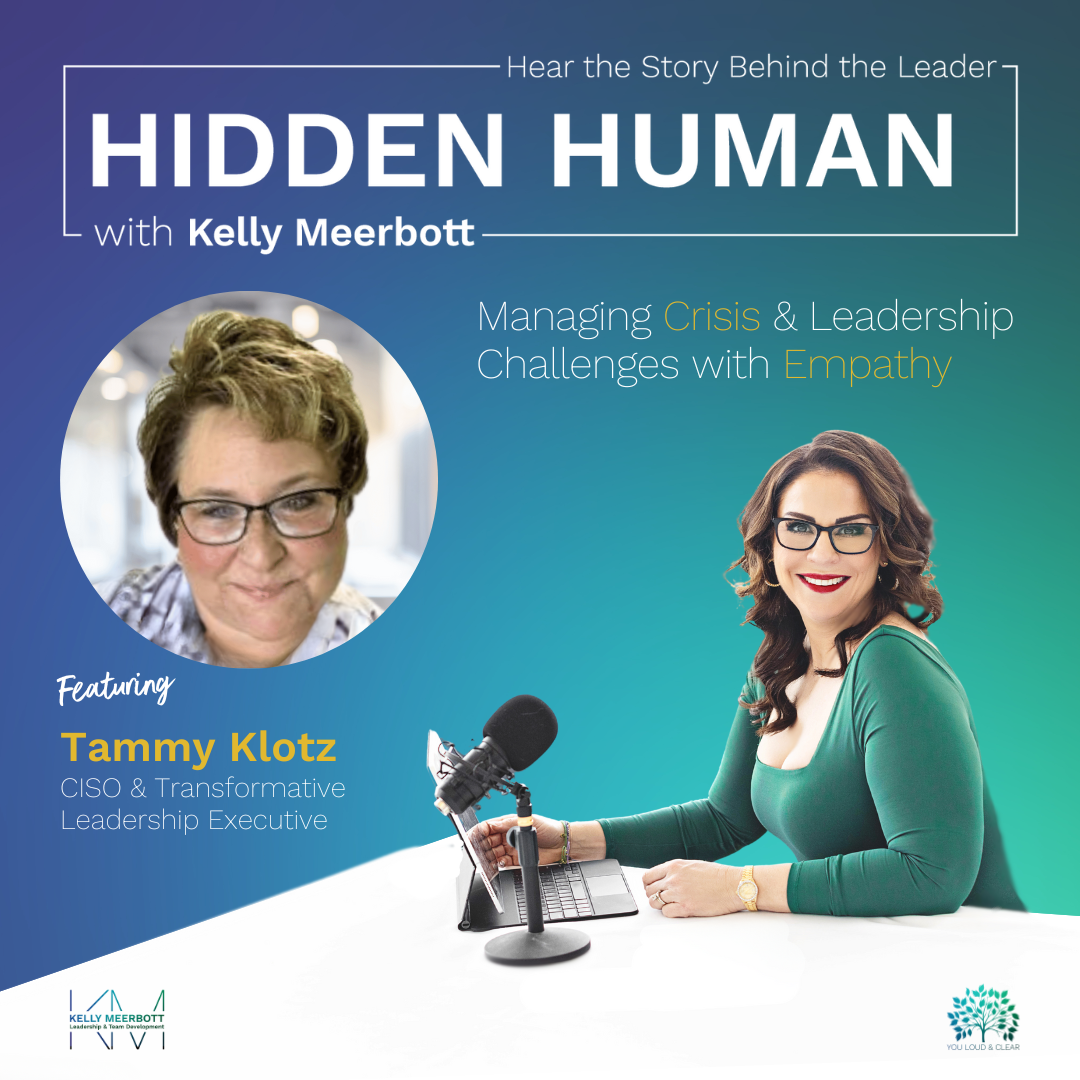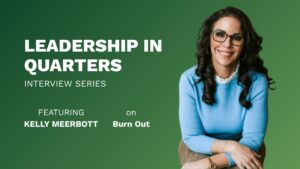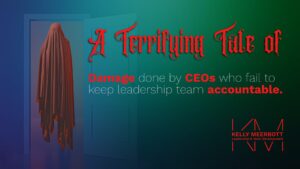New episodes weekly. Please like, share, and subscribe!
Kelly Meerbott: Welcome to this space where we reveal our personal humanity to reconnect with our shared humanity. I am literally so excited that I’m vibrating that we’re about to talk to Tammy Klotz, three times CISO in the manufacturing industry and author of the new book *Leading with Empathy*, which is so powerful, and you absolutely need to go on Amazon and get it. Tammy, welcome to Hidden Human, thank you so much for coming. And I love having you here. I’m just, I’m just thrilled.
Tammy Klotz: Thank you so much, Kelly, for the opportunity. I’m thrilled to be here and look forward to our conversation today.
Kelly Meerbott: Can we start with just kind of setting some context? So if I were a six-year-old child, and you were to explain to me in a way I could understand what a CISO actually is and does, how would you explain it to me?
Tammy Klotz: That’s a great question. So because part of my job is really being able to tell a story, I would explain it like this: My job is to protect my company and the people who work in my company from all of the bad stuff that happens on the internet and in the world of computers.
Kelly Meerbott: What was it in your soul that drew you to that line of work? Because that’s very specific. And I’m just wondering, what was it in it that said, “Tammy, that’s the way we’re gonna go?”
Tammy Klotz: It’s interesting. If you would have asked me 10, 20, 30 years ago, I wouldn’t have said that this was where I was going to end up. My goal and my dream was that I was going to be a math teacher. I spent some time in corporate America, specifically for 24 years, and then I had an opportunity presented to me to move on to a new company and stand up their overall cybersecurity program. I kind of paused and questioned the individual who was recruiting me, saying, “You really want me in this job?” The answer was yes, absolutely. The reason was that I knew the business, had the right relationships with the leadership team, and understood a controls mentality and the need to protect an organization. Anything else was teachable. Being a constant learner and wanting people to learn from me was another opportunity. This was the launch pad into my cybersecurity career that started in 2016 and has continued since. The biggest point of satisfaction for me is when I see individuals latch on or begin to understand what some of the risks are, and they go, “Oh, I get it.” Also, helping them translate what we tell them at work to how it relates to them in their personal life and how they can protect themselves and their families as well. It’s not just about corporate America; it’s about them as individuals too.
Kelly Meerbott: As I was listening to you, Tammy, and for full transparency, we’ve known each other for almost three years, I know you as just a light in the universe. You’re extremely positive. But you spend your day in a world of cybersecurity, which is a constant shapeshifter with some scary things that people are doing out there. As a leader in your organization and of your life, how do you manage the fear of what’s coming at you through cybersecurity and not translate that fear to your people?
Tammy Klotz: The first advice I give to everybody is to stay calm and stay focused on the facts. When there’s bad stuff going on in the environment or in the media, it’s very easy to overreact emotionally. It’s also very easy to want to make swift decisions without having all the details or facts. Internal stakeholders will press for answers and want things fixed quickly. My advice is to pause, breathe, and make sure you’re relaying the situation factually. Be transparent about what we don’t know and what we’re doing about it. Protect your team who’s handling the triage and recovery activities by being the buffer and communicating as needed to the appropriate stakeholder groups, whether that’s internal executives, media, or law enforcement, depending on the situation.
Kelly Meerbott: In your career, can you share a pivotal moment that shaped your leadership?
Tammy Klotz: I can. The question is which one to choose? Because there have been many. From a CISO perspective, there have been a couple of incidents where I’ve had to lead the team through and manage the communications. It’s the fear of the unknown and trying to stay ahead of what’s happening. Being factual and truthful is extremely important. Knowing how to say “I don’t know” is much better than making something up. That genuine, authentic piece allows the trust relationship to build, so when you’re in a crisis, people aren’t questioning your judgment or decisions. They know from prior experience that you know what you’re doing.
A pivotal moment was when an individual within an organization was tricked into changing bank account information without proper verification, and the money was sent to the wrong bank. The potential financial impact to the organization can be substantial, from $2,500 to $25 million. Educating individuals on verification and the importance of trust but verify becomes extremely important.
Kelly Meerbott: During the pandemic, I got calls from the C-suite asking what to tell their people. I told them the truth, up to the point of liability or violating HIPAA. They were hesitant, but I explained that being honest and transparent would bond them in ambiguity. Making things up is easily detected because there are so many tells. So, tell me about your leadership style. How would you describe it, and how has it evolved over time?
Tammy Klotz: My leadership style is based on transparency, accountability, and motivation. Surrounding yourself with good people is key to allowing the organization to shine. There’s no “I” in team, and I give credit where credit is due, making sure there are shoutouts for team members’ accomplishments. In cybersecurity, the organization is often seen as the “Office of No,” which can be a barrier. I change that to the “Office of Yes, but let’s have a conversation.” It’s about finding the right balance of security that allows innovation and productivity to thrive.
Kelly Meerbott: How did your book “Leading with Empathy”, which is on Amazon, come to be? Did it evolve over time, or was it a sudden inspiration?
Tammy Klotz: I’ve always wanted to write a book. It’s been on my bucket list for quite some time. Between my last two CISO opportunities, I took a mental health break and had six months off. I got prompts on LinkedIn about writing a book and thought it was a good time to explore it. I did my research, found a company to work with, and made it happen. I started the book in August and finished it by April 1. I wanted the book to be authentic, so I had my angel writer reach out to people I’ve worked with, who have coached me, and who I’ve led. This was to understand their experiences and validate what made my leadership different. *Leading with Empathy and Grace* is my testament, sharing experiences and what’s worked for me to help others.
Kelly Meerbott: For me, it felt like a love letter to your path and your journey. Writing books is part of our legacy, and I’m so glad your book is out in the world. What’s the most challenging leadership situation you’ve faced in your career or life, and how did you navigate it?
Tammy Klotz: The most challenging leadership situation I’ve faced was being in an organization where the leader didn’t fully understand the space, whether it was IT or security. It was a constant battle, and the leader didn’t take a vested interest in learning about the organization. It became a struggle, and I felt dishonored when one mistake led to questions about my credibility. It was a toxic environment, and I decided to leave. I took a six-month break, which allowed me to reset and start my current position successfully.
Kelly Meerbott: I agree. It’s important to know when a decision goes against your moral compass. If it’s a bad business decision, you can navigate it, but if it’s against your morals, you need to leave. How do you measure success in leadership, especially with skills like empathy and compassion that are hard to quantify?
Tammy Klotz: In the book, I discuss the 25 qualities of a successful leader. Authenticity is key. You can’t measure it quantitatively, but you can measure it qualitatively through feedback and the success of your team. If your team is meeting their goals and they’re happy, that’s a measure of success. Attrition rates, communication clarity, and morale are also indicators of effective leadership. These crucial skills are essential for millennials, Gen Z, and the Alpha generation.
Kelly Meerbott: Absolutely. The demand for empathy and compassion from younger generations is non-negotiable. You mentioned Maya Angelou earlier. Who are some of the leaders that inspired you and positively impacted you?
Tammy Klotz: Public figures like Simon Sinek and Brené Brown have been influential. I’ve also had three exceptional coaches throughout my career, including you, Kelly. These coaches provided a safe space and unbiased guidance. Another influential leader was a boss who encouraged me to teach others to lead like I do, which inspired the book. Another boss asked if I was running away from something or towards something, making me reflect on my decisions. These lessons and the support from my personal board of directors have been pivotal in my career.
Kelly Meerbott: I love that. You’ve shown your daughters the importance of having a support system and being true to yourself. Are you ready for some rapid-fire questions before we wrap up?
Tammy Klotz: Absolutely. Go for it.
Kelly Meerbott: What’s your favorite comfort food?
Tammy Klotz: Probably soft vanilla ice cream with rainbow sprinkles. And pizza.
Kelly Meerbott: Is there a place where you live that you get your pizza?
Tammy Klotz: There’s a go-to place, but there’s not one specific place I’m obsessed with.
Kelly Meerbott: What books are on your nightstand right now?
Tammy Klotz: “Leading with Empathy and Grace” by me, a motivational book, and “Jesus Calling” for my daily devotionals.
Kelly Meerbott: What songs are on your playlist?
Tammy Klotz: Bailey Zimmerman’s “Where It Ends” is on repeat for me right now.
Kelly Meerbott: What are you most grateful for in this moment?
Tammy Klotz: I’m most grateful for my friends. They’ve been my support system through various crises in my life. It takes a village, and having that support has been invaluable.
Kelly Meerbott: If people want to book you for a speaking engagement or get in touch with you, how should they do that?
Tammy Klotz: The best way is to look me up on LinkedIn. My name is Tammy Klotz, K-L-O-T-Z. You can send a connection request and a message there.
Kelly Meerbott: Thank you so much for spending your precious time with us on Hidden Human. Thank you to our audience for listening. It’s our intention on Hidden Human to inspire you to go out and have authentic conversations to deepen the connections in your life. Thank you so much, and make it a great day.





